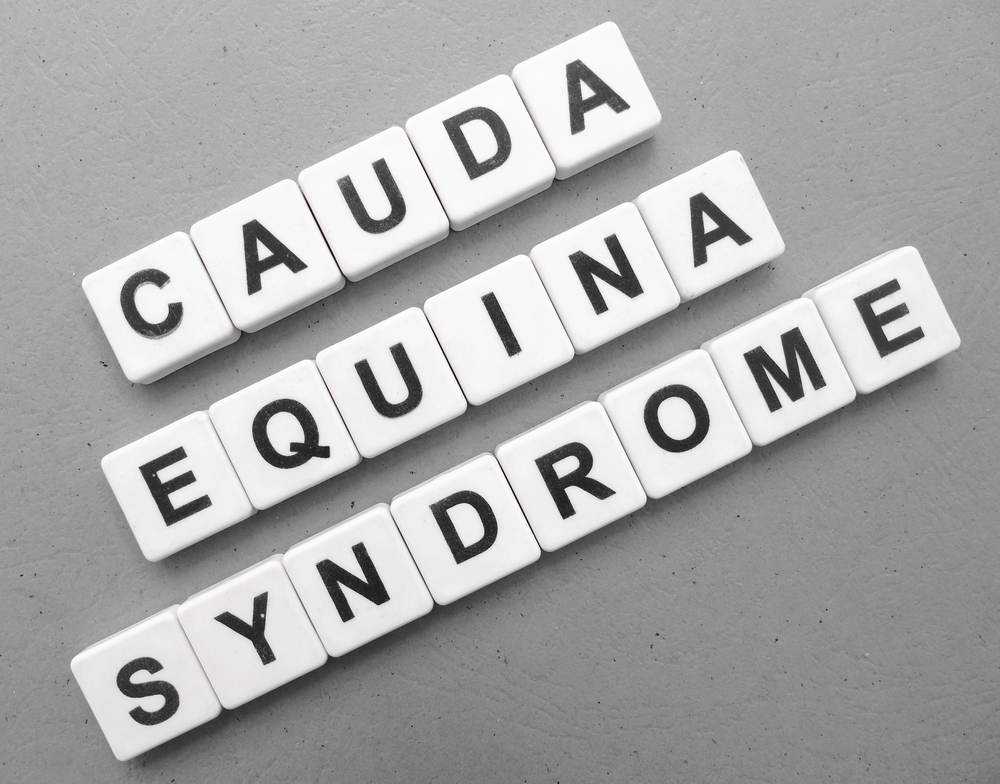Mark Kopec Now
Cauda Equina
Cauda Equina Syndrome: Understanding the Condition and Your Rights with Baltimore Cauda Equina Lawyer Mark Kopec
Cauda equina syndrome (CES) is a serious neurological condition caused by compression of the nerve roots at the bottom of the spinal cord. These nerve roots specifically are responsible for sensation, movement, and bladder and bowel control in the legs and pelvic area. When compressed, they can cause significant pain, weakness, and loss of function. If you have been injured by a delay in diagnosis of CES, then contact Baltimore Cauda Equina Lawyer Mark Kopec.
Anatomy: The Cauda Equina
Imagine the spinal cord as a long bundle of nerves running down your back. At the very bottom, near the tailbone, the nerves branch out like a horse’s tail – this is the cauda equina. These nerve roots specifically control various functions below the waist, including:
- Movement of your legs and feet
- Sensation in your legs, feet, and genitals
- Bladder and bowel control
Symptoms of Cauda Equina Syndrome
CES symptoms generally can develop suddenly or gradually, depending on the cause and severity of compression. Here are some key signs to watch out for:
- Severe pain in the lower back and buttocks, often radiating down the legs
- Saddle anesthesia: Numbness or weakness in the inner thighs and buttocks, specifically creating a feeling of sitting on a horse
- Loss of bladder or bowel control: Difficulty starting urination, urinary incontinence, or fecal incontinence
- Sexual dysfunction: Difficulty achieving or maintaining an erection or orgasm
- Loss of sensation in the legs and feet
- Progressive weakness in the legs, potentially leading to paralysis

Seeking Medical Attention
If you experience any combination of these symptoms, especially sudden onset of severe pain, numbness, or weakness with bladder or bowel problems, seek immediate medical attention. Early diagnosis and treatment are crucial for preventing permanent neurological damage.
Diagnosis of Cauda Equina Syndrome
You may go to the emergency room when symptoms start. An emergency room doctor may bring in a specialist in neurological conditions, such as a neurosurgeon or neurologist. The doctor will typically perform the following:
- Detailed medical history: They will inquire about your symptoms, any recent injuries, and medical conditions.
- Physical examination: This will assess your strength, reflexes, sensation, and muscle tone in your legs and lower body.
- Imaging tests: An MRI scan is the gold standard for diagnosing CES. It can reveal the location and severity of nerve compression. In addition, in some cases, a CT scan with myelography may be used.
Treatment of Cauda Equina Syndrome
The primary treatment for CES is emergency surgery to remove the compression on the nerve roots. This can involve removing a herniated disk, a bone spur., or other structures causing pressure. Early intervention offers the best chance of regaining lost function.
Prognosis of Cauda Equina Syndrome
The prognosis for CES depends on the severity and duration of nerve compression before treatment. Early diagnosis and surgery can lead to a full recovery. However, if left untreated, permanent damage can occur, including:
- Paralysis in the legs
- Chronic pain
- Bowel and bladder dysfunction
- Sexual dysfunction
Medical Malpractice with Baltimore Cauda Equina Lawyer Mark Kopec
In some cases, medical professionals may misdiagnose or delay the diagnosis of CES. This can be due to:
- Failing to recognize the classic symptoms of CES
- Not ordering appropriate imaging tests
- Misinterpreting test results
A misdiagnosis or delay in diagnosis and treatment can lead to permanent nerve damage and a significantly worse prognosis. If you believe a medical professional failed to properly diagnose or treat your cauda equina syndrome, you may have a medical malpractice claim.
Types of Medical Malpractice Claims Related to Cauda Equina Syndrome
- Misdiagnosis: If a doctor fails to diagnose CES despite presenting symptoms, you may have a claim.
- Delayed Diagnosis: When a doctor delays diagnosis due to negligence, worsening the condition, a claim may be warranted.
- Improper Treatment: If a healthcare professional provides the wrong treatment or fails to perform surgery promptly, then you may have grounds for a claim.
Next Step: Call Baltimore Cauda Equina Lawyer Mark Kopec
If you suspect medical malpractice related to your cauda equina syndrome, then consult with an experienced medical malpractice attorney. We can evaluate your case, determine if negligence occurred, and help you navigate the legal process. Remember, there are time limits for filing a medical malpractice claim, so seeking legal advice promptly is crucial.
Visit the free consultation page or video. Then contact the Kopec Law Firm at 800-604-0704 to speak directly with Attorney Mark Kopec. He is a top-rated Baltimore medical malpractice lawyer. The Kopec Law Firm is in Baltimore and pursues cases throughout Maryland and Washington, D.C.





